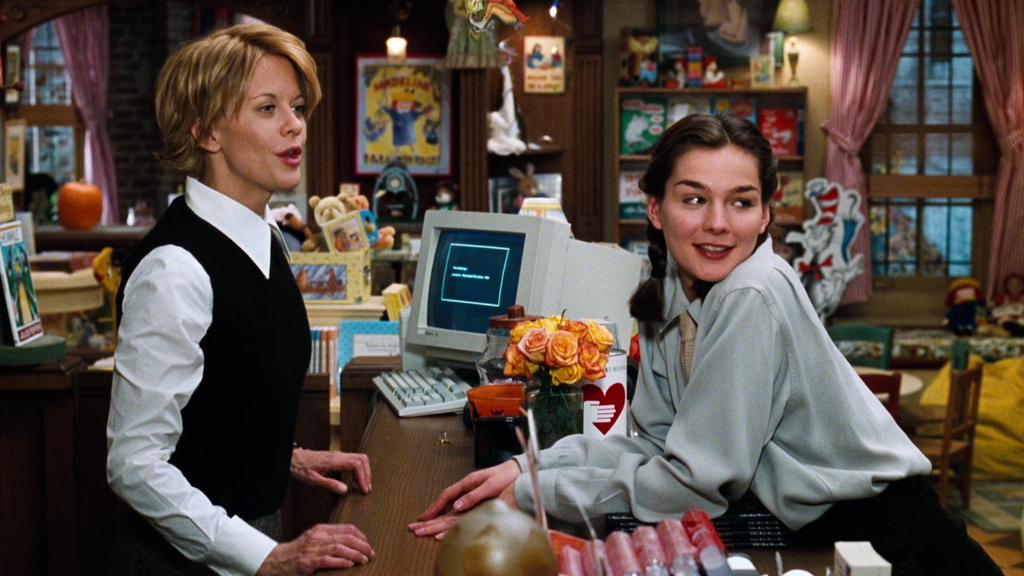Crowdfund A Bookstore And Make Your Dreams Come True
It’s that easy.

For the past four years, my backup plan has been to shove all of my things in a box, put the cat in a bag and move to New Orleans to open a bookstore. Every time I’m down there visiting friends, the idea bubbles up again, brought to life by cold beers and crawfish. It seems easy. It’s probably not. I’ve never done any of the actual research required to make this dream a reality. Thank god for this New York Times piece that confirms my greatest fears: it’s expensive. But it’s not that easy, either.
What It Takes to Open a Bookstore
The piece follows Jessica Stockton Bagnulo and Rebecca Fitting, the owners of Greenlight Books in Brooklyn and their process to opening a second location in a different neighborhood in Brooklyn. Since a bank wouldn’t lend them money, they crowdfunded instead, borrowing from friends and family in order to raise the $242,600 for the new location. Most of this money came from friends but also people in the neighborhood where the bookstore would be located — a community effort that proves that the community itself is invested in the bookstore and what it would bring.
In case you’re wondering about how and when the people who donated the money will get their money back, the women pledged to return the investments over the course of five years, with interest. The crowdfunding model that these two women relied upon to open their bookstore is one that other would-be bookstore owners from around the country have adapted to their own needs.
Janet Geddis, the founder and owner of Avid Bookshop in Athens, Ga., also used a version of the community lending idea to open her first location, also using several other lines of support, including a crowdfunding campaign on Indiegogo.
Emily Russo, the co-owner of a bookstore named Print in Portland, Me., used an even smaller community to raise money for opening the store, putting together about half the necessary capital with the help of her parents and her husband.
And a Bronx-born entrepreneur, Noëlle Santos, is relying partly on Indiegogo and on her own savings to open The Lit Bar in the borough.
Is a bookstore in a neighborhood where there were previously no bookstores a sign of gentrification? The Times wouldn’t necessarily say so, but this quote from one of the women feels a little bit like…something.
Ms. Bagnulo said there were two major questions to consider when deciding where to open a bookstore: Which city neighborhoods are in need of one, and which can support one.
“It’s sort of joking, but the rule of thumb is, if the neighborhood can support a farmers market, the neighborhood can support a bookstore,” she said.
Let me be clear: bookstores are not just for white people and neither are farmer’s markets. However, the neighborhood that the bookstore will be located in is one that is rapidly gentrifying, as evidenced by a number of things, including this hulking 23-floor tall high-rise apartment building with studio apartments starting at a cool $2,000 a month and was met with much derision from actual residents of Prospect-Lefferts Garden, who weren’t necessarily psyched about the arrival of a luxury building and the inevitable markers of gentrification that will follow — this bookstore, maybe? Or maybe not.
Part of me wants to be skeptical about this whole endeavor, but for the most part, I guess this isn’t so bad. A bookstore is good for the community — it provides a space to gather and if done correctly, is not just a retail location or a harbinger of doom, but a space for many, many other things.
Support The Billfold
The Billfold continues to exist thanks to support from our readers. Help us continue to do our work by making a monthly pledge on Patreon or a one-time-only contribution through PayPal.
Comments